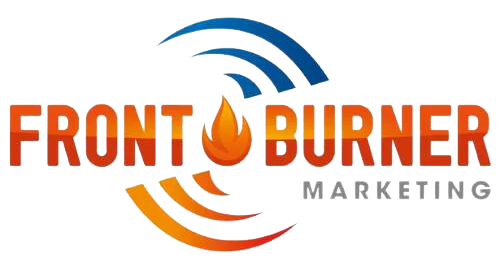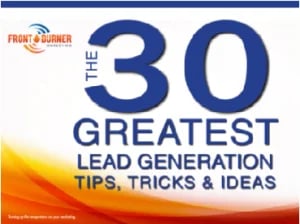 Organic search just ain't what it used to be. As it happens with all free and good things, someone decided it was time to monetize. I can't blame them. Businesses need money to operate. So, now that we can't get our message out for free on social media, let's do the next best thing; Get the most out of each ad dollar we spend. How do we do that? Start here:
Organic search just ain't what it used to be. As it happens with all free and good things, someone decided it was time to monetize. I can't blame them. Businesses need money to operate. So, now that we can't get our message out for free on social media, let's do the next best thing; Get the most out of each ad dollar we spend. How do we do that? Start here:
From WordStream.com
You can use the following 10 Twitter and Facebook advertising hacks as a catalyst to get more eyeballs on your content, or as an accelerant to create an even larger traffic explosion.
1. Improve Your Quality Score
Quality Score is a metric Google uses to rate the quality and relevance of your keywords and PPC ads – and influences your cost-per-click. Facebook calls their version a "Relevancy Score". While Twitter calls theirs a "Quality Adjusted Bid".Whatever you call it, Quality Score is a crucial metric. You can increase your quality score for Twitter and Facebook by increasing your post engagement rates.
A high quality score is great because you'll get a higher ad impression share for the same budget at a lower cost per engagement. On the flip side, a low Quality Score is terrible because you'll have a low ad impression share and a high cost per engagement.
How do you increase engagement rates? Promote your best content – your unicorns (the top 1-3 percent that performs better than all your other content) vs. your donkeys (your bottom 97 percent).
To figure out if your content is a unicorn or donkey, you'll have to test it out.
- Post lots of stuff (organically) to Twitter and use Twitter Analytics to see which content gets the most engagement.
- Post your top stuff from Twitter organically to LinkedIn and Facebook. Again, track which posts get the most traction.
- Pay to promote the unicorns on Facebook and Twitter.
The key to paid social media ads is to be picky. Cast a narrow net and maximize those engagement rates.
2. Increase Engagement With Audience Targeting
Targeting all of your fans isn't precise. It's lazy and you'll waste a lot of money. Your fans aren't a homogenous blob. They all have different incomes, interests, values, and preferences.



